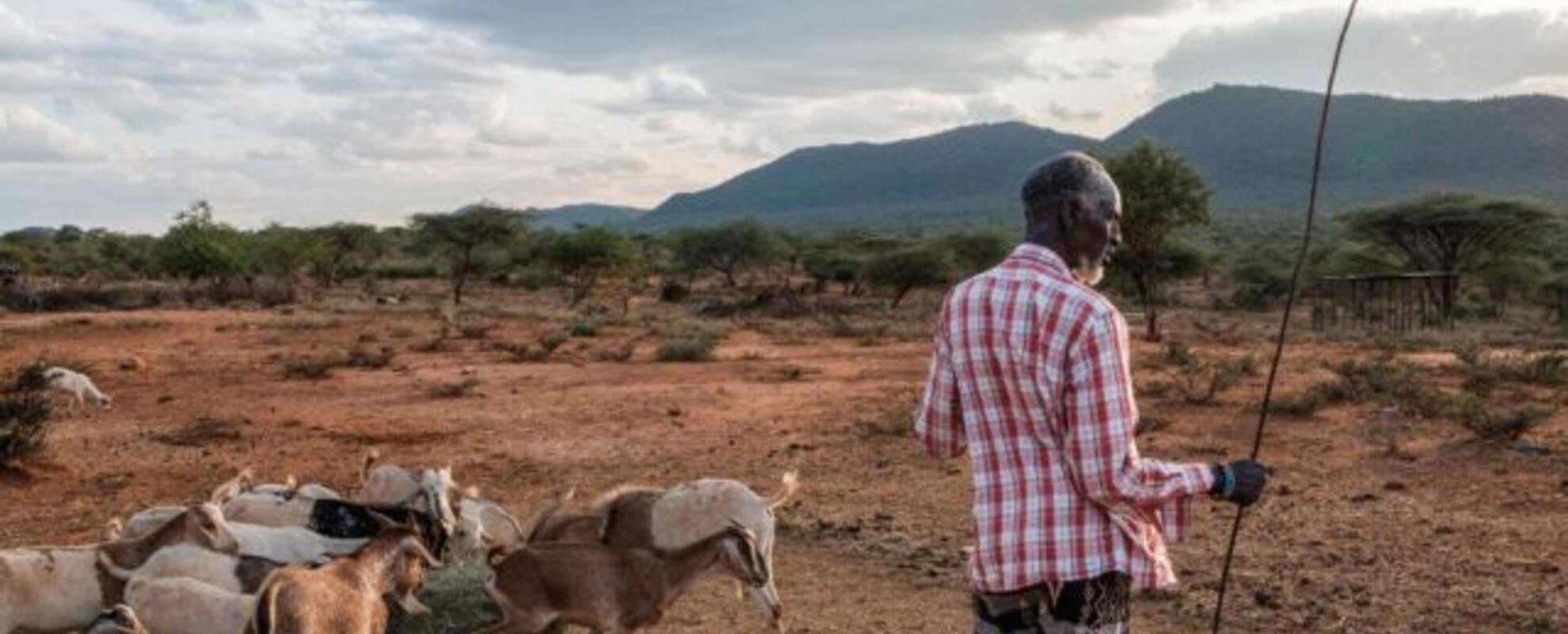

Tackling the Intractable: the Political Economy of a Livestock Transition in Line with Climate Goals
Food systems globally are failing to deliver on multiple fronts, with devastating consequences for people and the planet. While the UN Food Systems Summit in 2021 helped kick-start important national transition pathway processes in many countries, most remain narrow, under-resourced, or lack intra-governmental coordination to maximize policy synergies and resolve trade-offs. While the momentum and interest is building for food system transformations, the reality of aligning major sectors in the food system with climate, biodiversity and health goals must be better understood.
The production and consumption of livestock products must be reduced at the global level with substantial reductions needed across high income, high consuming populations. Navigating politics, interests, and conflicts is a crucial part of enabling the changes needed to align livestock production and consumption with climate goals, and planetary health goals more broadly. This event will focus on the political realities of aligning livestock production and consumption with climate goals to 2030 – taking into account the scale and pace of changes needed, and the range of barriers and opportunities that could help or hinder depending on the types of actions taken.
While few examples exist to draw from – the panel will be composed of experienced and knowledgeable people who can start the session with their key insights, before engaging the audience members. An ongoing research project led by Chatham House, designed to identify the political realities of aligning livestock production and consumption with planetary health goals to 2030, and develop a toolkit to assist policy makers in navigating the political economy aspects of livestock transitions, will also be presented during the event.




